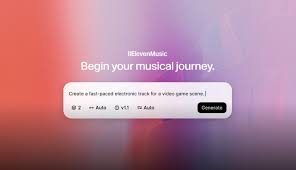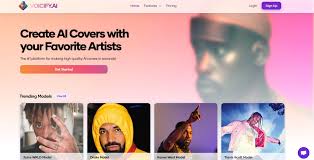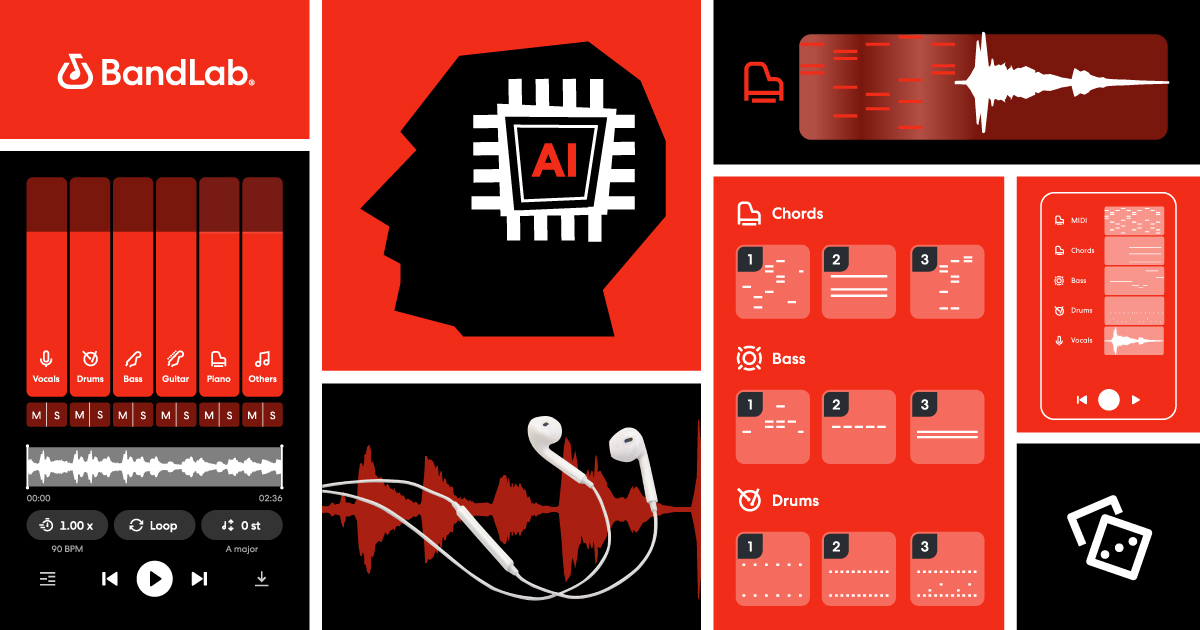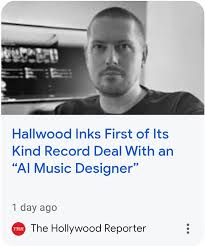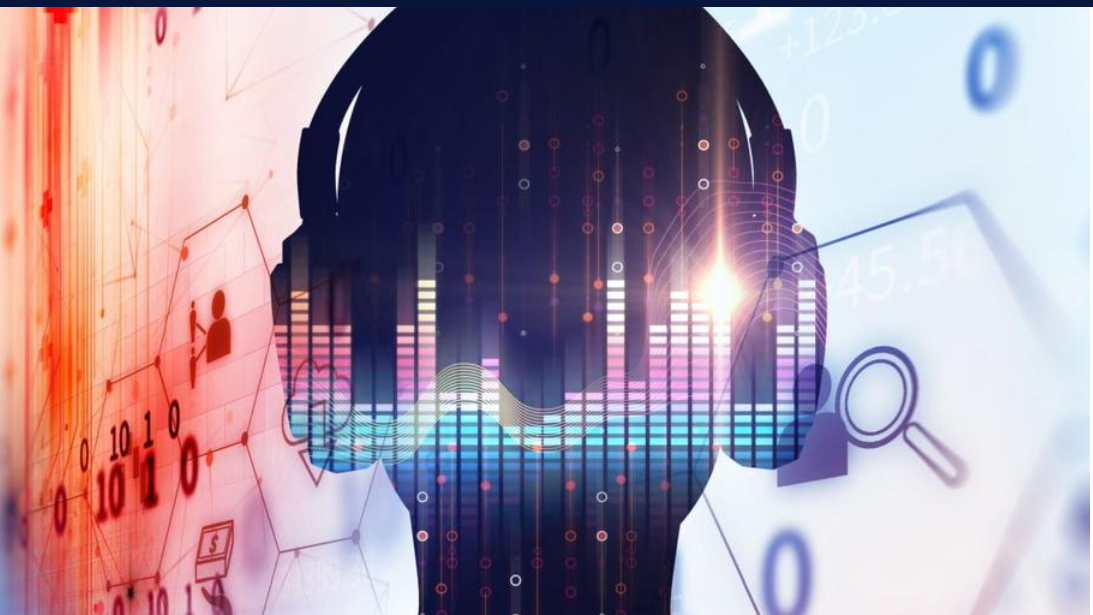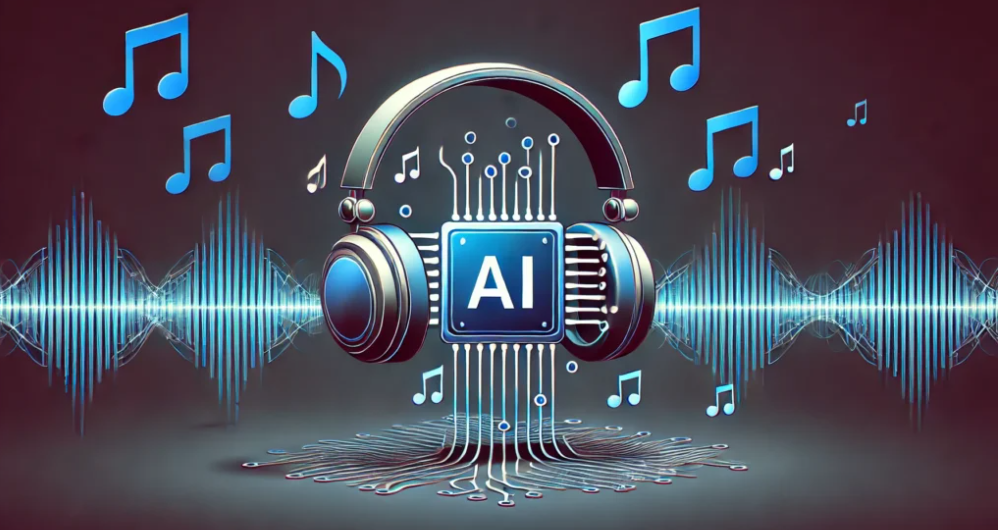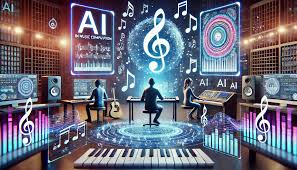If a machine writes a song, can it be called real music? This question is becoming harder to ignore as platforms like Suno, Udio, and AIVA create full-length songs that sound indistinguishable from human-made tracks. Some AI compositions now play on Spotify, accompany film trailers, or go viral on TikTok. But do these works carry the same emotional and artistic weight as music written by people?
To explore whether AI music is real music, we’ll look at the creative process, how music is defined, what experts say, and how listeners respond emotionally to AI-generated sounds. The answer isn’t black or white—but rather a layered, fascinating discussion about art, technology, and perception.
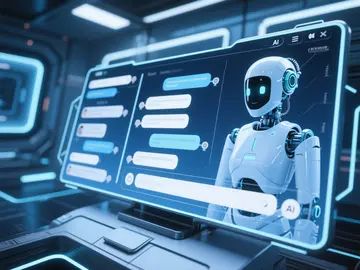
What Is AI Music and How Is It Created?
AI music refers to music generated by algorithms—often using models trained on thousands of human compositions. Modern tools like Suno AI, Udio, and Google’s MusicLM can generate songs based on text prompts. For example, typing “a sad acoustic ballad about autumn” can produce a 2-minute song complete with lyrics, vocals, and harmony.
The AI music creation process involves:
Data training: AI learns patterns from massive datasets of human-composed songs.
Prompt interpretation: The system uses natural language processing to understand your input.
Music synthesis: Deep learning models generate melodies, harmonies, rhythms, and even lyrics and vocals.
Audio rendering: Tools like Suno use neural audio synthesis to create realistic voice performances and mixing.
So while no human plays an instrument or sings, the output still follows the musical rules and emotional logic of traditional music. Which leads to the core debate…
How Do We Define "Real Music"?
At its core, music is organized sound that communicates emotion or meaning. Whether it's Beethoven's symphonies or a hip-hop beat, music is judged not by how it’s made, but by how it feels and functions.
Common elements of real music include:
Structure: Verse, chorus, bridge, etc.
Emotion: Conveying joy, sadness, excitement, or reflection.
Intention: Created to be heard, shared, or performed.
Engagement: It resonates with listeners.
By this definition, AI music ticks many boxes. It’s structured, emotional (in a perceived sense), and clearly engaging audiences.
The Case for AI Music as Real Music
Here’s why many artists, developers, and music lovers believe that AI music qualifies as “real”:
1. Emotional Response is Real
Listeners have reported being moved to tears by AI-generated songs. One viral Suno track titled “I Miss You Still” sparked thousands of comments from users connecting with its lyrics and mood—even after knowing it was AI-made.
2. AI Is a Creative Tool, Not a Replacement
AI doesn’t work in a vacuum. Platforms like AIVA allow composers to guide the process, tweak structures, and mix styles. This collaborative creation still involves human judgment and taste.
3. Commercial and Cultural Impact
AI-generated music is already being licensed for commercials, YouTube videos, and podcasts. If companies pay to use it, and audiences respond to it, doesn’t that validate its status as music?
Arguments Against AI Music Being "Real"
Despite its technical brilliance, some argue that AI music lacks the soul, intent, and imperfection that give human music its depth.
1. No Human Emotion in Creation
Machines don’t feel love, loss, or joy. So even if a song sounds emotional, some say it's just mimicry—like a mirror reflecting, not feeling.
2. No Personal Narrative
Much of music’s power comes from knowing the artist’s backstory. For instance, Adele’s “Someone Like You” hits hard because it reflects her real heartbreak. AI has no past, no pain, and no personal stakes.
3. Repetition and Blandness
Some listeners argue AI songs can feel generic. Since they’re trained on existing music, AI models often avoid risk, innovation, or unique quirks.
What Do Listeners Think?
A 2024 study by MIT Technology Review surveyed 1,200 people who listened to both human- and AI-generated songs without knowing which was which. 73% couldn’t tell the difference. But once they knew a song was AI-made, 54% rated it as “l(fā)ess authentic”—even if they liked it before.
This proves an interesting point: the perception of authorship impacts how we value music, even if the sound is identical.
Real Products and Platforms Behind the AI Music Boom
The debate wouldn’t be so urgent if AI music wasn’t gaining traction. Here are some of the tools leading the charge:
Suno AI: Offers free daily credits and turns short prompts into full pop/rock/rap tracks.
Udio: Great for producing ethereal or cinematic songs.
AIVA: Designed for composers, allowing genre control and customization.
Boomy: Simple enough for kids; exports directly to Spotify.
Soundful: Focuses on royalty-free music generation for commercial use.
These platforms are being used by brands, influencers, and independent artists across the globe. Whether you consider it “real” or not, AI music is already here.
Where AI Music May Be Headed
In the future, the line between AI and human music will likely blur. Tools will help artists write faster, produce cleaner, and even perform live using virtual vocalists. But the most likely path isn’t replacement—it’s collaboration.
Imagine a future where:
Songwriters use AI to develop melodies while focusing on lyrics.
DJs remix AI loops with human vocals.
Entire genres emerge from AI-native experimentation.
Like photography didn’t kill painting, AI may not replace human music—but it could redefine it.
FAQs About AI Music and Authenticity
Can AI music win awards?
Currently, AI music is not eligible for Grammy Awards unless a human co-creator is involved. But that could change.
Are AI songs being streamed on Spotify?
Yes. Boomy and AIVA tracks are already published on Spotify, YouTube Music, and Apple Music—with millions of plays.
Can I copyright AI-generated music?
Laws vary. In the U.S., fully AI-generated music without human input typically can't be copyrighted, but co-created works might be.
What genres can AI music handle?
Nearly all major genres: pop, EDM, classical, ambient, rock, trap, lo-fi, and even regional styles like reggaeton and afrobeat.
Final Thoughts: Is AI Music Real Music?
The answer isn’t as simple as yes or no. AI music is real in the sense that it sounds like music, functions like music, and moves people like music. But it also challenges our traditional ideas of authorship, soul, and artistry.
Rather than asking if AI music is “real,” maybe the better question is: what kind of music do we want to create with AI? In that space—between human emotion and machine intelligence—new possibilities for sound are just beginning.
Learn more about AI MUSIC


